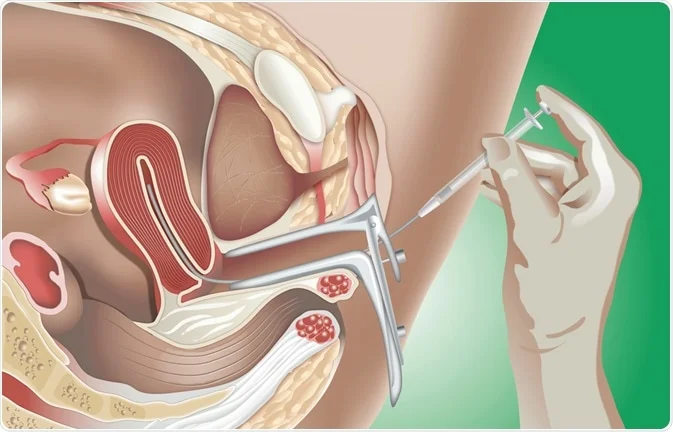If you’re envisioning a family in the future, there are some key facts about male fertility you should be aware of. Infertility affects men just as much as it does women, with male-related factors accounting for over a third of all fertility challenges.
The Impact of Age on Male Fertility
As men age, their fertility can decline, affecting both the quality and quantity of sperm. While the decline is typically gradual and not as pronounced as it is in women, it generally begins in the late 20s.
Recognizing Signs of Male Infertility
Not every man will experience noticeable symptoms of infertility. Many may go through their 20s unaware of any fertility issues, often discovering the situation only when they start trying to conceive.
Common Causes of Male Fertility Problems
There are various reasons for male fertility issues, including anatomical defects, hormonal imbalances, and certain medical conditions. Lifestyle choices also play a significant role; factors like high body mass index (BMI), smoking, heavy drinking, and drug use can adversely affect sperm quality. Typical abnormalities include reduced sperm count, poor motility, and abnormal shapes.
Exploring Treatment Options
Fortunately, many treatments are available for men facing fertility challenges. To assess your fertility status, consulting with a fertility expert is essential. Routine tests like semen analysis provide insights into sperm quality and quantity, which are vital for conception.
Lifestyle Considerations
Your lifestyle choices can significantly influence your fertility. In your 20s, pay attention to your diet, exercise, and avoid smoking or excessive alcohol. If you have any medical issues that could impact fertility, don’t hesitate to discuss them with your healthcare provider.
Understanding Your Chances of Conceiving
Every couple’s journey to conception is unique. Generally, a healthy young couple has about an 80% chance of becoming pregnant within the first year. Those who don’t conceive in that time often find success in the second year. If you’ve been trying for over a year without success, it’s advisable to consult a fertility specialist.
Addressing Treatable Male Fertility Issues
Fertility specialists can tailor tests and treatments to your needs. Common conditions that may require intervention include low sperm count, poor sperm motility, and hormone imbalances. While IVF is a well-known option, various treatments such as intracytoplasmic sperm injection (ICSI) and surgical sperm retrieval may also be suitable.
If you’re curious about fertility treatments, check out our treatments page. And if you have any questions about male fertility, remember, you’re not alone—there are plenty of people ready to help.
For more information on related topics, you might enjoy one of our other blog posts about traveling while breastfeeding and pumping. Also, if you’re looking for reliable resources, this site is an excellent reference for pregnancy and home insemination. You can even find a quality at-home insemination kit here.
In summary, understanding male fertility in your 20s is crucial for those planning to have children in the future. Being proactive about lifestyle choices and seeking expert advice can make a significant difference.

